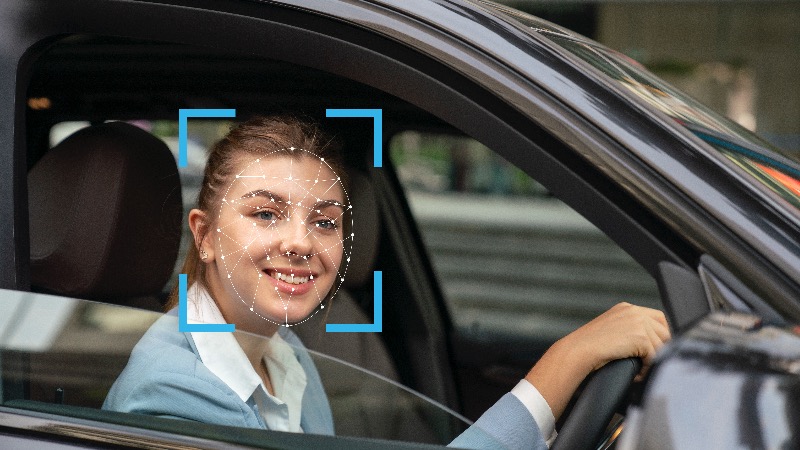 Image Credit: Prae_Studio / Getty
Image Credit: Prae_Studio / Getty Spotify has begun warning users that their accounts could be permanently removed unless they complete a new age verification process, part of a broader shift toward stricter content access and censorship controls on digital platforms.
The company has introduced a system that uses facial recognition technology to estimate a user’s age, with further ID verification required if the software detects someone who appears to be underage.
More: The Digital ID and Online Age Verification Agenda
A notification recently began appearing within the app, instructing listeners to verify their age through Yoti, a third-party application that scans faces via smartphone cameras to assess whether a user meets the required age for access.
If the system concludes that a person might be too young, Spotify will ask for additional documentation and show ID. Anyone who does not complete the verification within 90 days will lose access to their account entirely.
According to Spotify’s updated policy page, “You cannot use Spotify if you don’t meet the minimum age requirements for the market you’re in,” adding that users who cannot confirm their age “will be deactivated and eventually deleted.”
The platform, which allows users as young as 13 to join, said it will begin prompting certain individuals to verify their age when they attempt to view content labeled as suitable only for adults.
“Some users will now have to confirm their age by going through an age assurance process,” Spotify stated. This may occur, for example, when someone tries to watch a music video rated 18+ by the rights-holder.
Spotify’s decision arrives amid a wave of newly mandated age-check measures driven by the UK’s new censorship law, the Online Safety Act, which came into force recently.
Under the law, platforms must restrict access to content not suitable for minors, including pornography and violent material, and enforce age thresholds set out in their own user policies. Companies that fail to comply face fines of up to 10 percent of global turnover.
Other tech firms have also introduced changes to align with the legislation. Porn sites like Pornhub have implemented new age verification steps, while social media platforms such as Reddit and X have introduced digital ID features on certain posts.
The rollout of these requirements has caused widespread pushback. A public petition demanding that the Online Safety Act be repealed has attracted more than 431,000 signatures, reflecting growing discontent with surveillance-based regulation and the erosion of digital anonymity.


